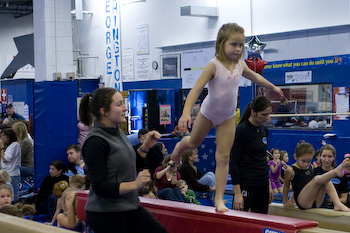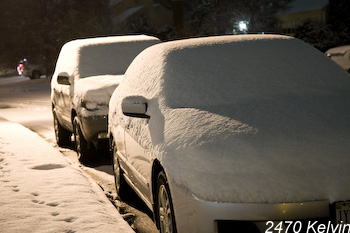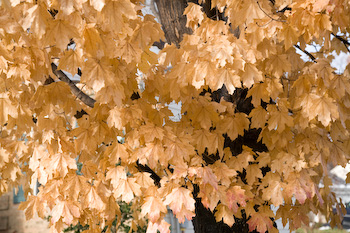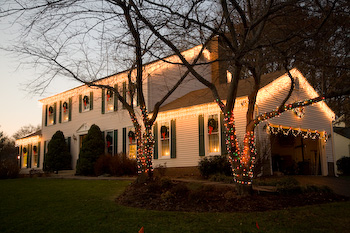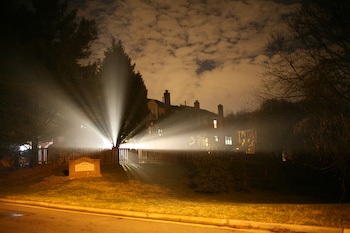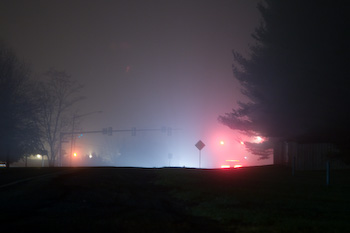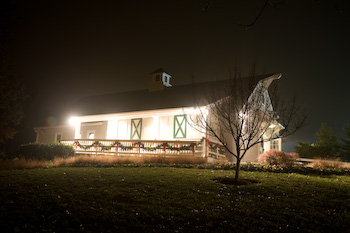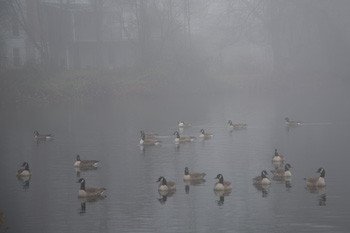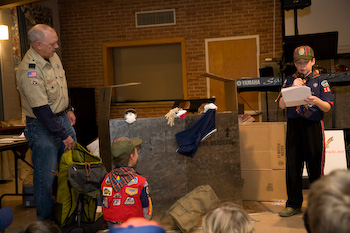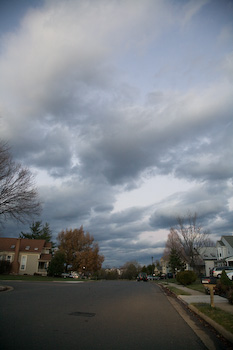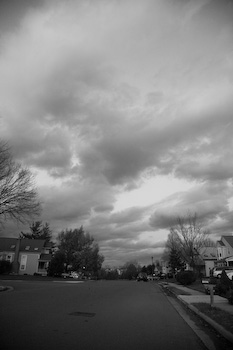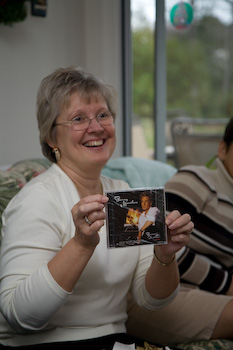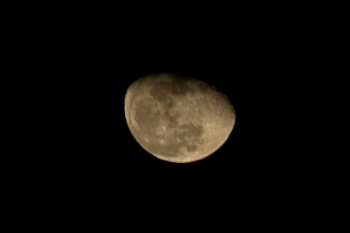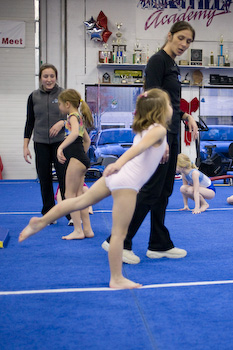
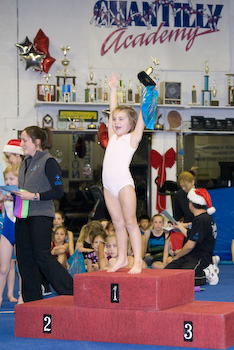
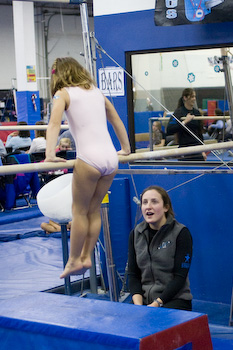
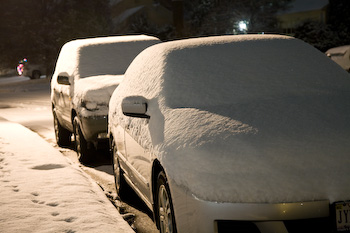
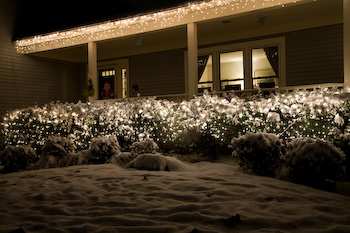
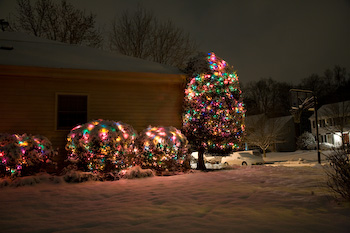
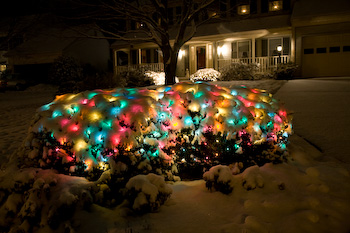
We received our first measurable snow on Wednesday the 5th. Traffic was a mess as the snow started right before the morning rush hour and there wasn't any salt on the roads. The snow stopped around 8:00pm, so I ventured out to take a few snapshots. I wasn't in the mood for a 100 photo shoot. Besides, it takes too long with a tripod anyway.
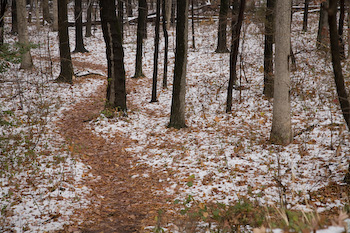
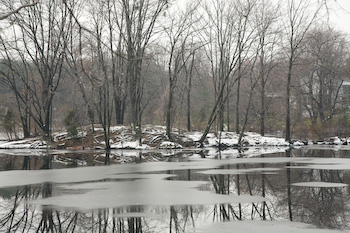
The snow and ice are melting. 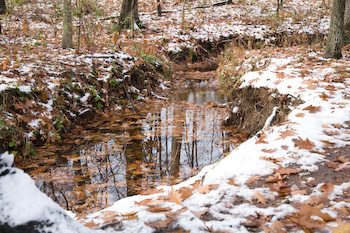
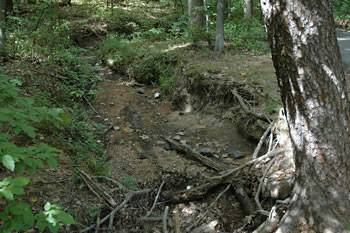
The creeks are now half full compared to bone dry in September. This is the same creek, but the photos were taken on opposite sides of the tree (shown right).
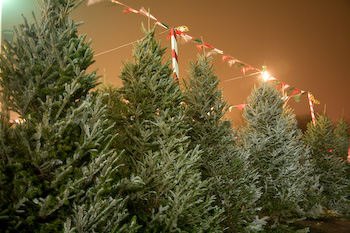
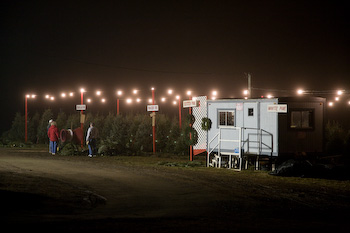
Fun with fog. These are at two different places selling Christmas trees. The trees on the left are 9 to 10 feet high. 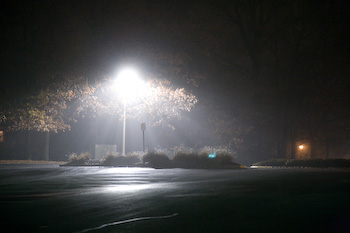
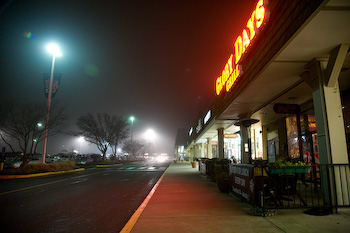
This is a local strip mall in the fog. After I got home, I noticed there was lens flare. The photo on the left has a bright green spot on the bush near the middle while the one on the left has flare near the parking lot lights. I'm not sure if this is light going in the lens, bouncing out, reflecting on the UV haze filter, and bouncing back into the lens as a flare. Extreme lighting conditions, like photographing a Space Shuttle launch, can cause this. I'll have to experiment some more to prevent this from happening on future photos. This is yet another example of why I wanted to use the new camera and lens months before a family vacation.
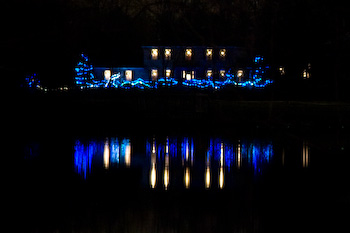
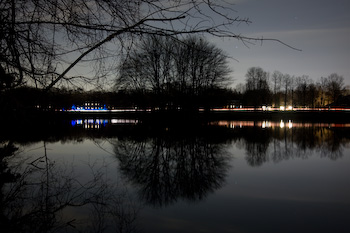
This shot was hard to get because of the angle. The tripod was low to the ground and one tripod leg was almost in the pond. The white and red lights are cars on the road during the 25 second exposure. 
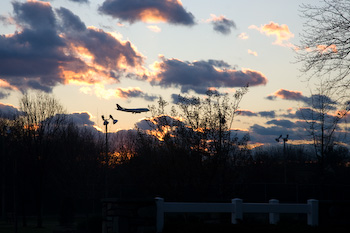
Every year, our home owners association requests Santa to ride on top of a fire truck to visit all of the kids in the neighborhood. This was my third year driving "the chase car." I had my camera with me taking a few photos at each stop to put into the monthly almanac that is mailed to each resident. Along the way, the sun starts to set and catches the clouds just right. I took these through the car window. I never know when a neat photo appears out of nowhere.
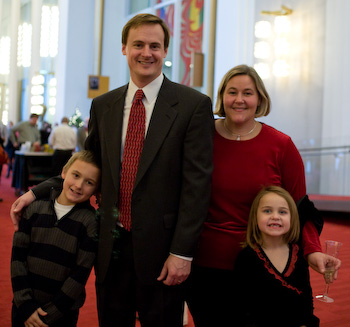
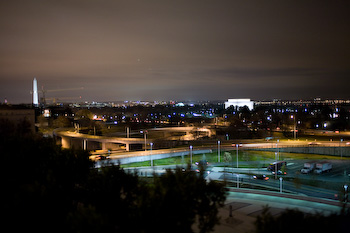
We attended the Master Chorale of Washington: Christmas Candlelight Concert at the Kennedy Center in Washington, DC. This is our fourth or fifth time going, but this is the first time the kids joined us. The kids liked it enough to see it again next year. I used the 35mm f/2 lens without a flash for its small size and low light capabilities. A flash would have helped get rid of the racoon eyes (shadows underneath the eyes) and punched up the color saturation a bit, but I was going for small and light weight. See more photos. After the performance, we drove 3 hours to Jeff's parent's house in Yorktown, Virginia.
While assembling the photo album, I realized the same photo has different colors in a web browser compared to Photoshop and Lightroom. I added a section to the digital camera photography tips to explain more. 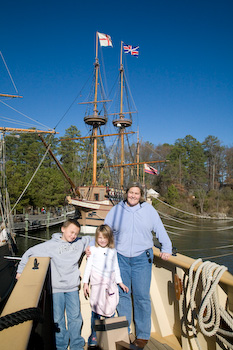
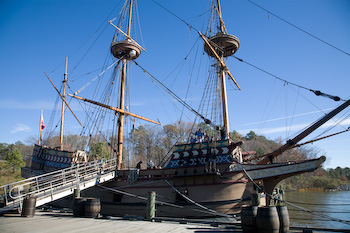
Jamestown, Virginia (map) was settled in 1607, 13 years before the Pilgrims landed in Plymouth Rock, Massachusetts. Four replica ships from that era helped reinforce a miserable, 144 day transatlantic crossing. Ryan, Ainsley and Betsi are at the bow of the smallest vessel, the 20 ton Godspeed on the left. On the right, they are at the foot of the rope ladder on the forward mast of the largest vessel, the 120 ton Susan Constant. Learn more. We toured Colonial Williamsburg (map) in November, which is 6 miles further inland. 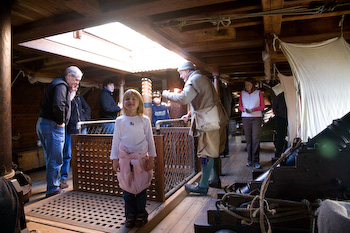
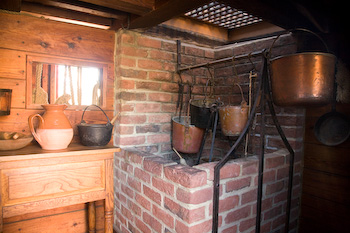
Ainsley is on the middle deck with the canons and home for most of the 52 men onboard. The lower deck was for supplies. The cook had his own cabin and fireplace on board. Both photos were taken at ISO 1600, f/4, lens image stabilization turned on, without a flash or tripod. I used to use a tripod with my Nikon D70s on ISO 400 without image stabilization for similar shots. It's much faster to capture a shot like this without having to setup a tripod first. 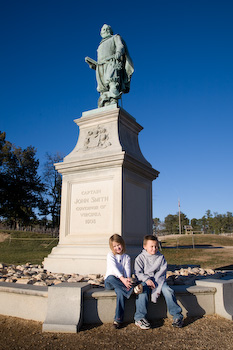
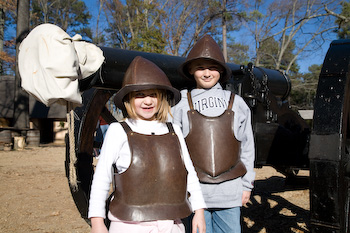
The kids sit at the base of a monument to John Smith at the actual Jamestown location. Archeological digs still occur today. The reconstructed fort and ships are less than a mile away. At right, the kids wear armor used by the settlers. Normally, this is where I add a link to see more photos. Unfortunately, I ran out of battery power the day before and didn't have a charger. I managed to turn on the camera, take a shot, and turn off the camera to squeeze out a few shots that you see above. I need to get a spare battery for the camera. 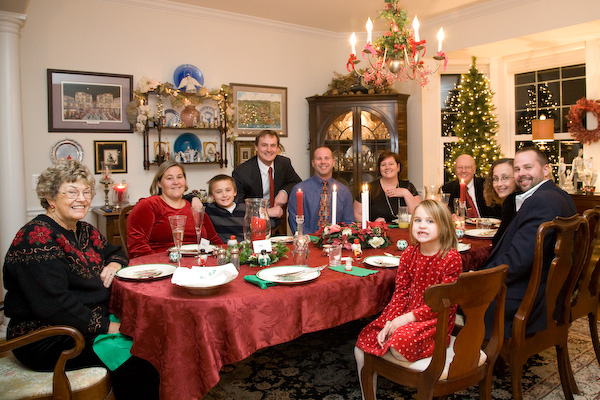
After a fun day in Jamestown, we drove most of the way home and stopped for Christmas Eve dinner at Betsi's Mom's and Step-Dad's with other family members. From left to right: Nancy, Betsi, Ryan, Jeff, Tom, Page, Fred, Carmen, Rob, and Ainsley. Camera settings: 24mm, 1/20s, f/5.6, ISO 1600, aperture priority, bounced flash off ceiling, extended bounce card, cropped off vignetting corners (darkened corners). I used the Canon 580EX-II Speedlight and bounced the flash off of the ceiling. I also extended the built in bounce card to aim some of the light forward so that shadows wouldn't appear underneath people's eyes. I also used ISO 1600 to capture more ambient light than ISO 100. It creates brighter backgrounds when using a flash. I changed the camera setting to aperture priority at f/5.6 and the camera chose 1/20 of a second to get the longer exposure to brighten the room even more. I didn't want the lens wide open at f/4 since it has dark corners (vignetting) at 24mm f/4. 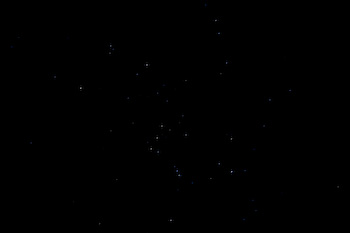
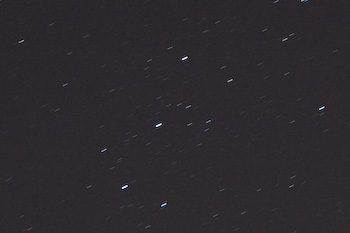
Constellation Orion (left). Upon zooming in, I noticed the Earth's rotation during this 25 second exposure caused the stars to streak (right). The three stars that make up Orion's Belt are in the photo on the right. I never was able to see this before with the Nikon D70s because of the noise (grain) in night shots.
|

 Next
Next